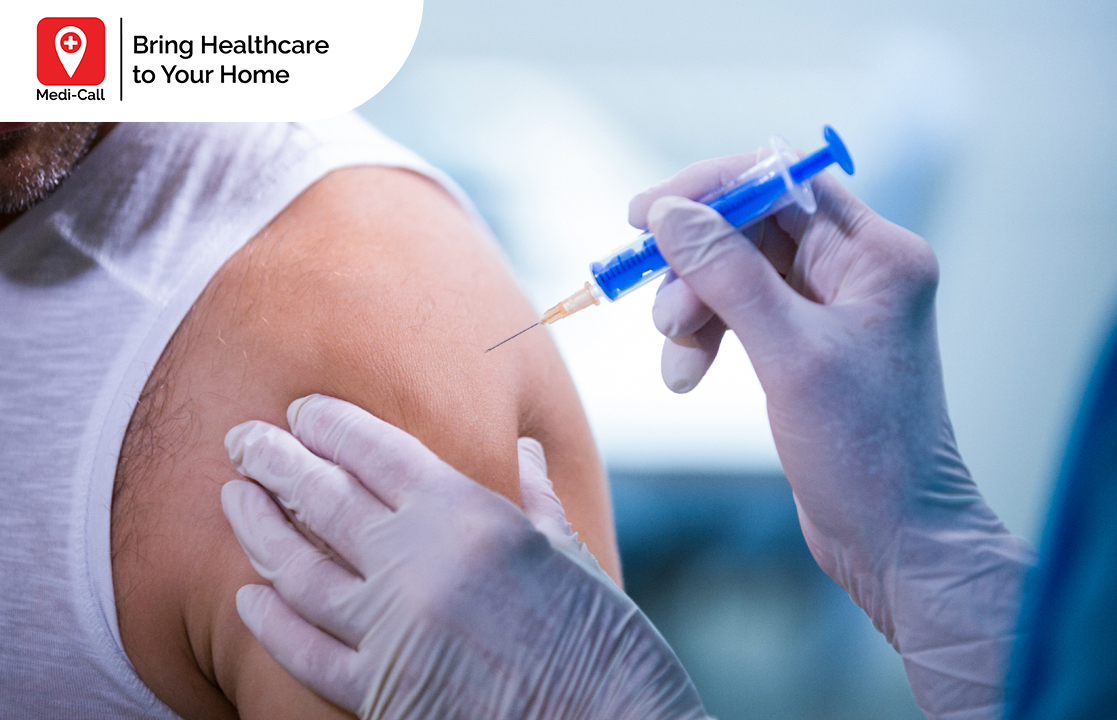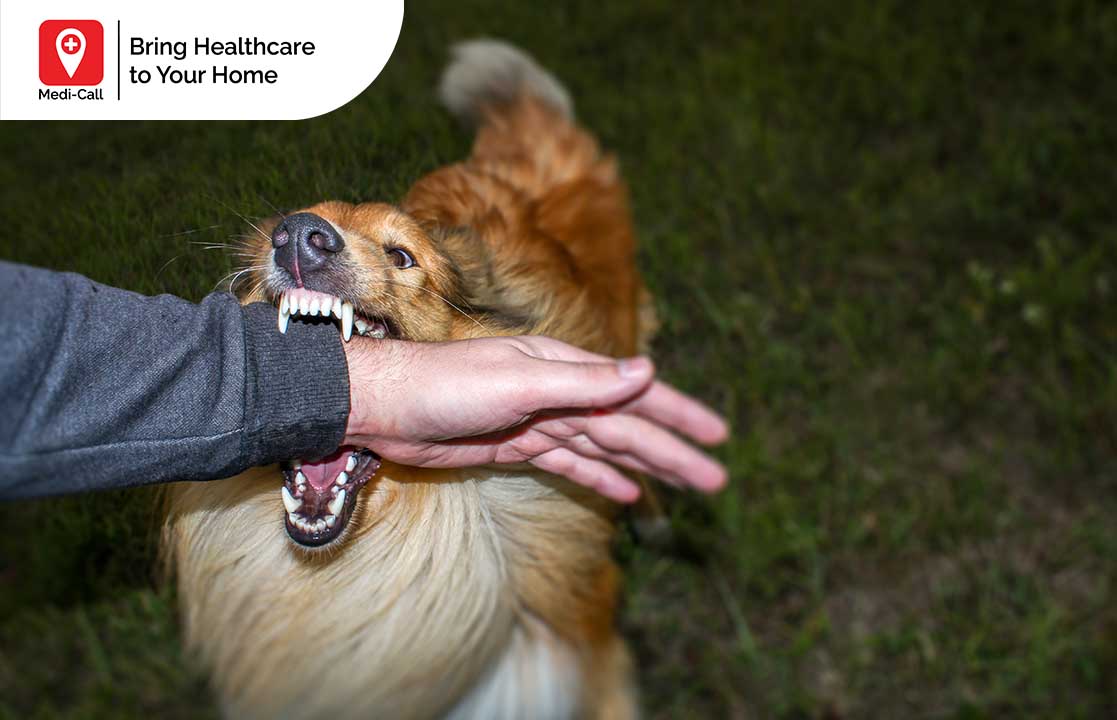Rabies: Treatment and When Vaccine Should Be Given
When rabies vaccine should be given is probably the one question that people with high-risk exposure of rabies might ask.
Rabies is an infectious disease caused by the rabies virus, as it can lead to death, precautions and early treatment can prevent rabies from spreading. The virus is usually transmitted through a bite, scratch or saliva contact of an infected animal and if the virus has entered the brain, the result can be fatal, as it often leads to death. Rabies symptoms usually appear around 4-12 weeks after exposure, early symptoms include fever, muscle weakness, tingling sensation (paresthesia), and headache. People who have a high risk of rabies exposure (zoo workers, veterinarians or people living in high-risk areas of rabies) might be wondering when rabies vaccine should be given.
Rabies Treatment
If a person got bitten by an animal suspected of having rabies, further treatment should be taken quickly to prevent the condition from becoming worse. Getting a rabies vaccine is necessary for this condition, but before getting vaccinated, the wound should be washed first with soap under running water for 10-15 minutes and apply povidone-iodine or alcohol 70% on the wound site. As a further treatment, doctors will give patients Anti-Rabies Vaccine (VAR) or Anti-Rabies Serum (SAR) depending on doctor’s indication and patients will be informed when rabies vaccine should be given. Consult your vaccination needs with a doctor through Medi-Call application.

When Rabies Vaccine Should be Given
There are two types of rabies vaccines and when rabies vaccine should be given. The first is vaccines to prevent (pre-exposure prophylaxis) and the other is given after a person is exposed to the virus (post-exposure prophylaxis). To prevent rabies, Here are the required 3 doses of vaccine and when rabies vaccine should be given:
- Dose 1: Given according to schedule with the doctor;
- Dose 2: 7 days after dose 1 is given;
- Dose 3: Given 21 days or 28 days after dose 1;
If the patient has a high risk of developing rabies virus, the extra doses will be added according to the patient’s needs and doctor’s recommendation. The vaccine is also necessary after being infected with the virus, this is intended so that the virus does not spread and cause other complications. When rabies vaccine should be given can be different, depending on the patient’s condition and recommendation from the doctor. Usually, someone who is infected but has never been vaccinated must get 4 doses of rabies vaccine, with the following conditions:
- Immediate dose: This is given immediately after a person is diagnosed with rabies. In addition, an injection of Rabies Immunoglobulin is given if the person has deep/multiple wounds;
- Additional dose: This is given on the 3rd, 7th, and 14th day of the first dose;
On the other hand, a patient who has previously undergone rabies vaccination requires two doses of rabies vaccine, here are the two doses and when rabies vaccine should be given:
- Immediate dose: Given immediately after rabies is detected;
- Additional dose: Given on the 3rd day after the first dose is given;
- Rabies Immunoglobulin injection is not required;
Below is the instruction for receiving Anti Rabies Serum and Anti Rabies Vaccine:
Category 1
Exposure to Infection:
-Touching or feeding animals;
-Animal licking on open wounds (no exposure).
Treatments:
-If you haven’t been vaccinated, wash the surface area of the exposed wound. Vaccine for post-exposure is not necessary;
-If you have been vaccinated, post-exposure re-vaccination will not be needed.
Category II
Exposure to Infection:
-Bites on uncovered skin;
-Small scratches with no bleeding.
Treatments:
-If you haven’t been vaccinated, wash the wound and get vaccination immediately. Anti Rabies Serum (SAR) is not indicated;
-If you have been vaccinated, wash the wound and get vaccination immediately. Anti Rabies Serum (SAR) is not indicated.
Category III
Exposure to Infection:
-Deep bite wounds or scratches contaminated with animal’s saliva;
-Direct contact with bats (heavy exposure).
Treatments:
-If you haven’t been vaccinated, wash the wound and get vaccination immediately. Anti Rabies Serum (SAR) / Rabies Immunoglobulin is given;
-If you have been vaccinated, wash the wound and get vaccination immediately. Anti Rabies Serum (SAR) is given.

To prevent the rabies virus from spreading in the body, get rabies vaccination service through Medi-Call application or simply contact Medi-Call Hotline at +62 81210783387. A doctor will perform the vaccination directly at your location.







